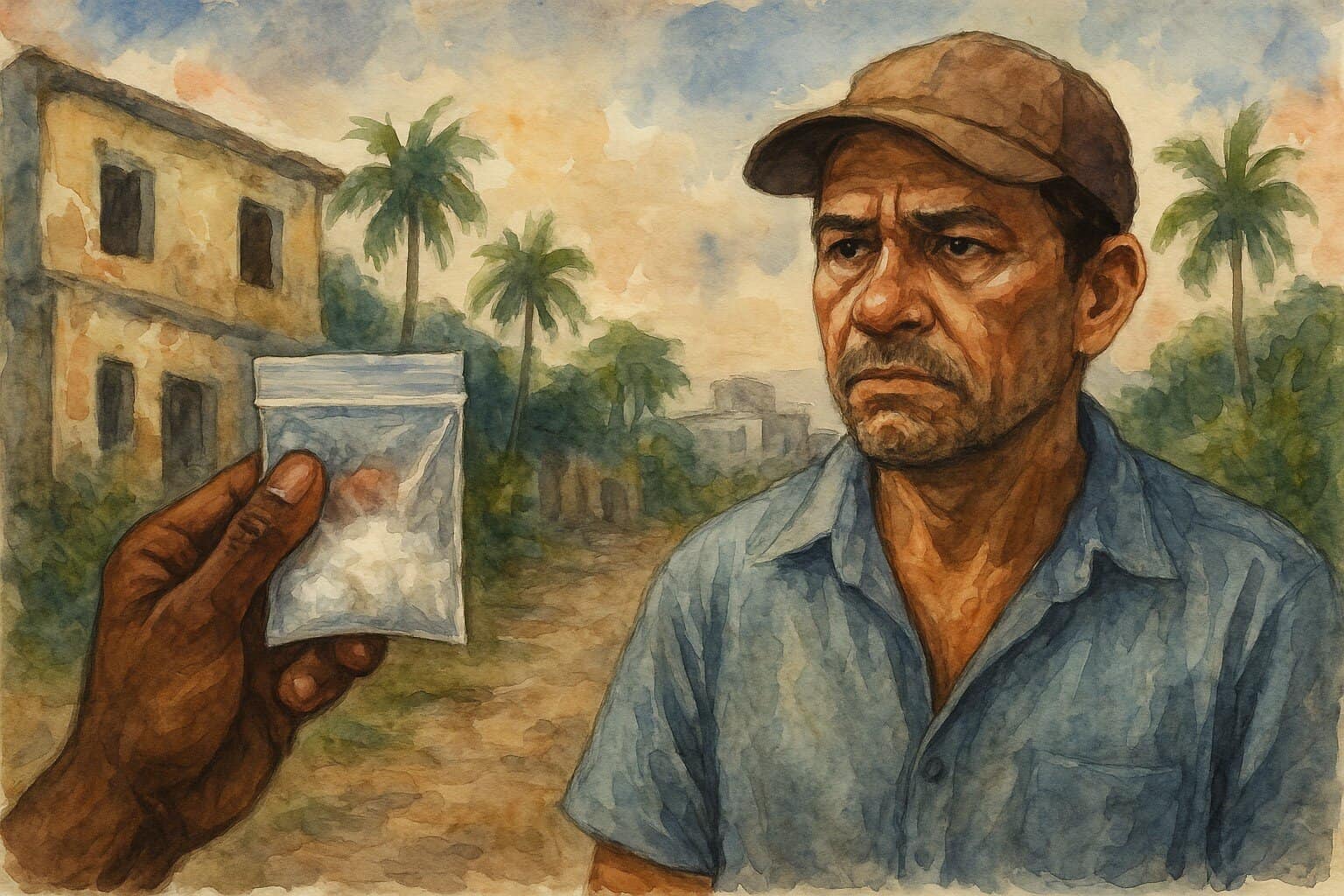Illegal drugs, and the drug trade, are driving factors behind the ever-increasing murder rate in Costa Rica. This is a given. A combination of lucrative earning potential, lax law enforcement, and two sizable coastlines has made Costa Rica a major transshipment point for cocaine.
With North America and Europe hovering over Central America like a voracious pair of white-flecked nostrils, there is no shortage of people willing to immerse themselves in a dangerous and unpredictable world that promises big earnings for those who both evade capture and live long enough to cash in.
After all, the demand is constant. Depending on your point of view, the drug trade is either the scourge of decent, law-abiding society or simply capitalism in action. Those involved in the business have a basic and honest philosophy: “If we don’t do it, somebody else will.” Cocaine alone is a $100 billion annual business worldwide. When that type of money is ready to be spent on a product, suppliers will line up.
My inner libertarian says there is an easy solution: legalize it all. What consenting adults choose to do with their bodies is their choice. Given how easily obtainable all of these drugs are at present—even though they are deemed illegal—the argument that legalizing them would bring more public health and social problems seems contradictory.
The money made from legalization could be diverted from the endless budgets given to law enforcement—budgets that barely slow the supply stream—toward treatment, education, and prevention.
The goal with all harder drugs such as heroin and fentanyl would be to help addicts break free. If there are no buyers, there will be no market for the product. But as long as there is a demand, there will always be someone ready to fill the supply gap. Addicts who continue to crave the product could be provided it in a safe and clean environment, with an emphasis on gradually weaning them from their dependence.
Drug addiction is a worldwide issue, from the trashy streets of Kensington in Philadelphia, to LA’s Skid Row, to the opium smokers of the Middle and Far East, to the khat-chewers of Yemen. The fact that these products are illegal does not stop consumers from using them.
Not long ago, we were told of all the negative effects that legalizing marijuana would have on society. Yet, in the first decade since dispensaries began operating in Colorado, the state has pulled in $3 billion in tax revenue.
That is money that doubles in value when spent for the public good, rather than on busting and jailing low-level dealers and users. It is worth noting, for all the moralists out there, that Colorado is also routinely near the top among U.S. states in terms of health, education, and happiness.
Realistically, this will never happen—at least not in my lifetime. On an international level, the job of getting different governments, cultures, and producers all on the same page is impossible. For Costa Rica, however, the benefits would be substantial: more tax revenue, less gang warfare, and greater transparency, as suppliers would be registered. With all the cleverly hidden cocaine already flowing from Costa Rica’s ports, the infrastructure is already in place.
I know my personal solution is a pipe dream—an expression rooted in 19th-century opium dens. For now, I will settle for the small victory of Costa Rica allowing pharmacies to sell marijuana to those with medical approval. Anybody know a good doctor?






